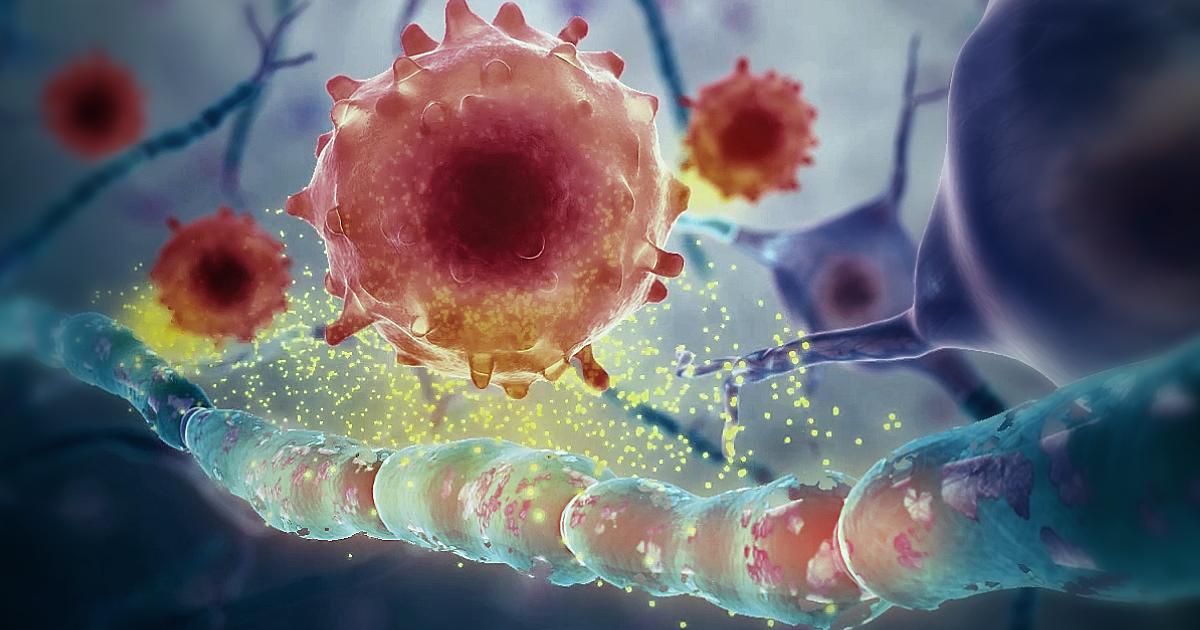15 Causes And Risk Factors Linked To Multiple Sclerosis
Multiple sclerosis (MS) isn’t just one disease—it’s a complex, unpredictable condition that unfolds differently for every person it affects. Characterized by damage to the brain, spinal cord, and optic nerves, MS can disrupt balance, vision, movement, and more. What makes it especially challenging is that its cause isn’t singular. It’s an intricate web of immune dysfunction, environmental triggers, genetic factors, and possible viral activators. Diagnosis often takes time, requiring the elimination of other conditions through MRIs, spinal taps, and blood tests. There’s no known cure yet, but understanding what might trigger or worsen MS is a powerful first step toward better management. That’s why we’ve expanded our list to 15 Possible Causes and Risk Factors for Multiple Sclerosis You Need to Know. From gender and climate to infections and thyroid disease, each factor brings new insight into how this condition starts—and how we might stop it from progressing. The more we know, the better we fight.
1. Immune System Malfunction

The immune system of multiple sclerosis patients causes the central nervous system or the brain and spinal cord to become inflamed and damaged. There are a few main types of immune cells involved in the affected individual's abnormal immune response. T-cells enter the central nervous system through the blood vessels after becoming activated in the lymph system. When the T-cells enter the central nervous system, they release harmful chemicals that cause damage and inflammation to the tissues of the brain and spinal cord. Damage occurs to the nerve fibers, their myelin sheathing, and the cells that produce myelin. The type of cells in the immune system responsible for deactivating inflammation or T-regulatory cells are non-functional in multiple sclerosis patients. T-cells help activate the other type of immune system cell involved with multiple sclerosis called B-cells, which stimulate the action of certain proteins and make antibodies that cause direct damage to the cells in the central nervous system. A combination of these malfunctions in an individual's immune system causes multiple sclerosis to occur.
2. Gender And Age

An individual's gender and age may have an impact on their risk of developing multiple sclerosis. The relapsing forms of multiple sclerosis such as relapsing-remitting multiple sclerosis and progressive-relapsing multiple sclerosis are found much more commonly in females than they are in males. In primary-progressive multiple sclerosis and secondary-progressive multiple sclerosis, the distribution of individuals who are affected is equally divided between males and females. Multiple sclerosis is diagnosed between forty-five and sixty-four years old more often than it is within any other age groups. Between thirty and thirty-five years old is when most individuals tend to experience their first symptomatic manifestations of multiple sclerosis. Different types of multiple sclerosis affect certain age groups in different ways than others. For example, individuals who are fifty years old or older at the time they are diagnosed with multiple sclerosis are more likely to be affected by one of the more progressive variations of the disease.
